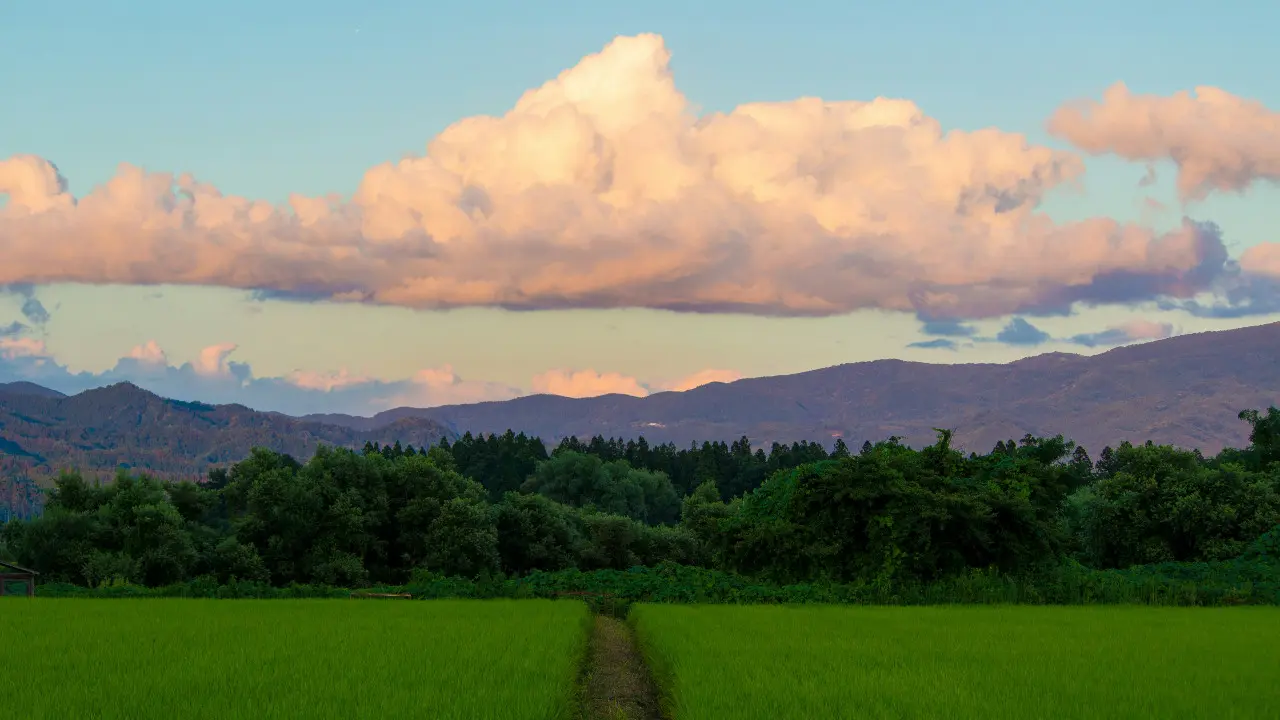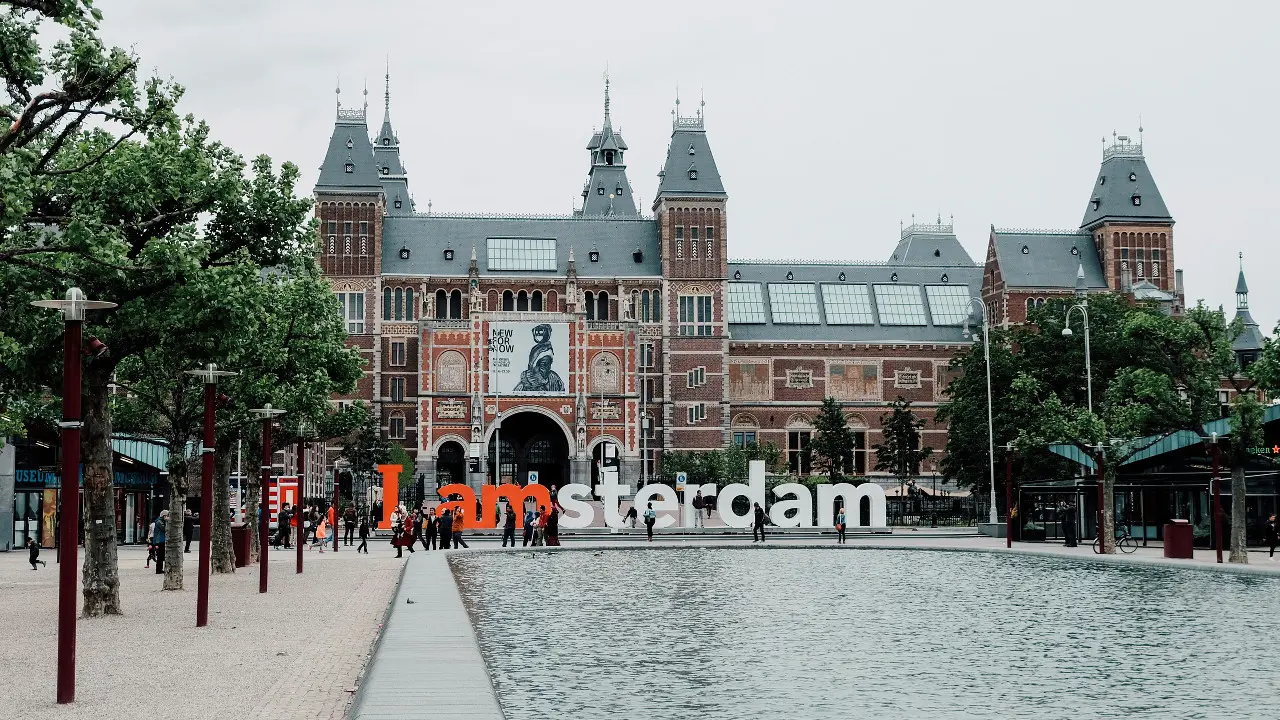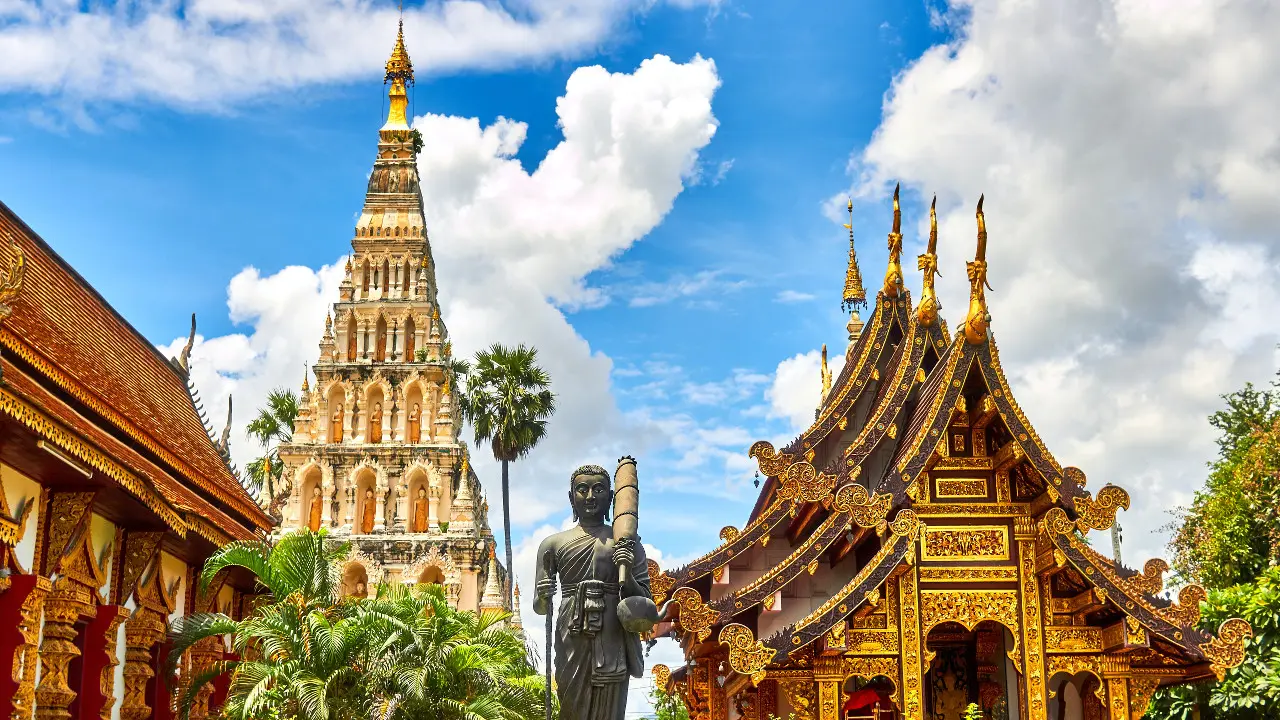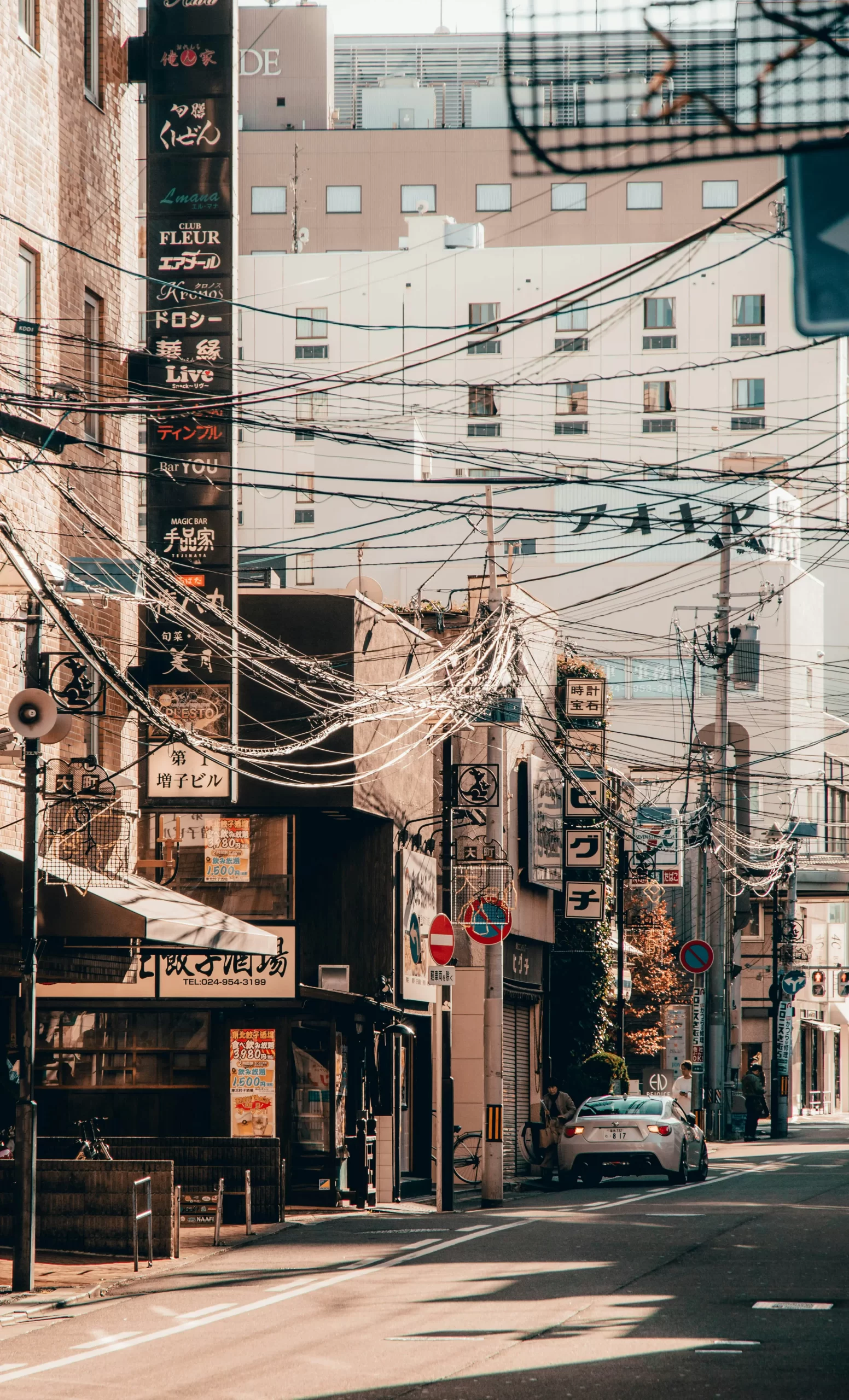
ABOUT
Celi is an outgoing and curious person who enjoys connecting with people wherever she goes. Some of her favorite hobbies include hiking, baking, journaling, and photography.
Tell us about yourself
A fun fact about me is that a significant factor in how I rate a country (whether visiting or living there) is the human connections I make. I’ve been fortunate to visit 12 countries across 5 out of 7 continents so far! 🙂
I was born and raised on the beautiful island of Puerto Rico and moved to the US during high school, where I stayed for university. I speak Spanish and English, and I’m currently learning Japanese. After graduating from university with a Bachelor’s degree in Elementary Education, I moved to South Korea to teach at a kindergarten. Now, I’m working at a high school in Japan, and to top it off, my partner is here with me teaching as well!
I was born and raised on the beautiful island of Puerto Rico and moved to the US during high school, where I stayed for university. I speak Spanish and English, and I’m currently learning Japanese. After graduating from university with a Bachelor’s degree in Elementary Education, I moved to South Korea to teach at a kindergarten. Now, I’m working at a high school in Japan, and to top it off, my partner is here with me teaching as well!
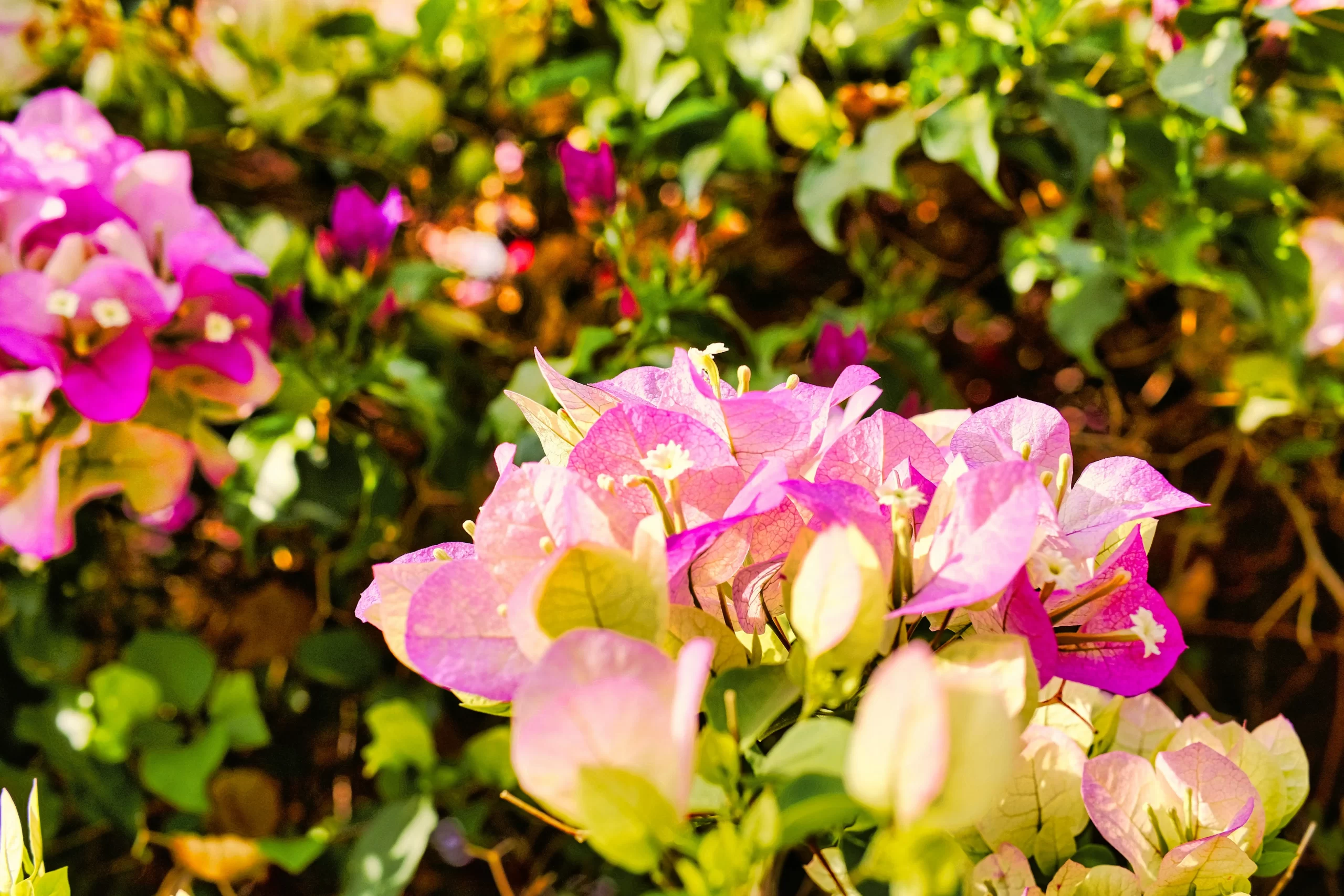
Moving to Iwaki City
When and why did you move to Iwaki?
I moved to Iwaki in August 2024 as part of the JET Programme and Iwaki was chosen for me as my placement.
How did you get set up?
I set up a SIM Card myself prior to arriving in Japan and my school supervisor went with me to the bank to help me set up everything. I live in a smaller city in Japan so there isn’t really any English or foreign language support for these kinds of processes.
Was it difficult for you to get medical insurance ?
As an employee in Japan, I qualify for the National Health Plan.
What did you bring with you?
I moved to Japan knowing I would be here for at least 2-3 years, so I mainly brought professional clothes, important documents, and important memory items that I’m afraid to ever lose like my journals and a couple of photo albums.
How did you find an apartment in Iwaki?
My school set up an apartment for me. It is very very old but subsidized so the rent is very very cheap. My portion comes out to around 7,000 yen ($47 USD).
What surprised you about life there?
I was surprised by how much Japanese teachers work and how many extra duties they have on the weekends. Other than that, I was surprised to see how low my students’ English speaking level was in high school.
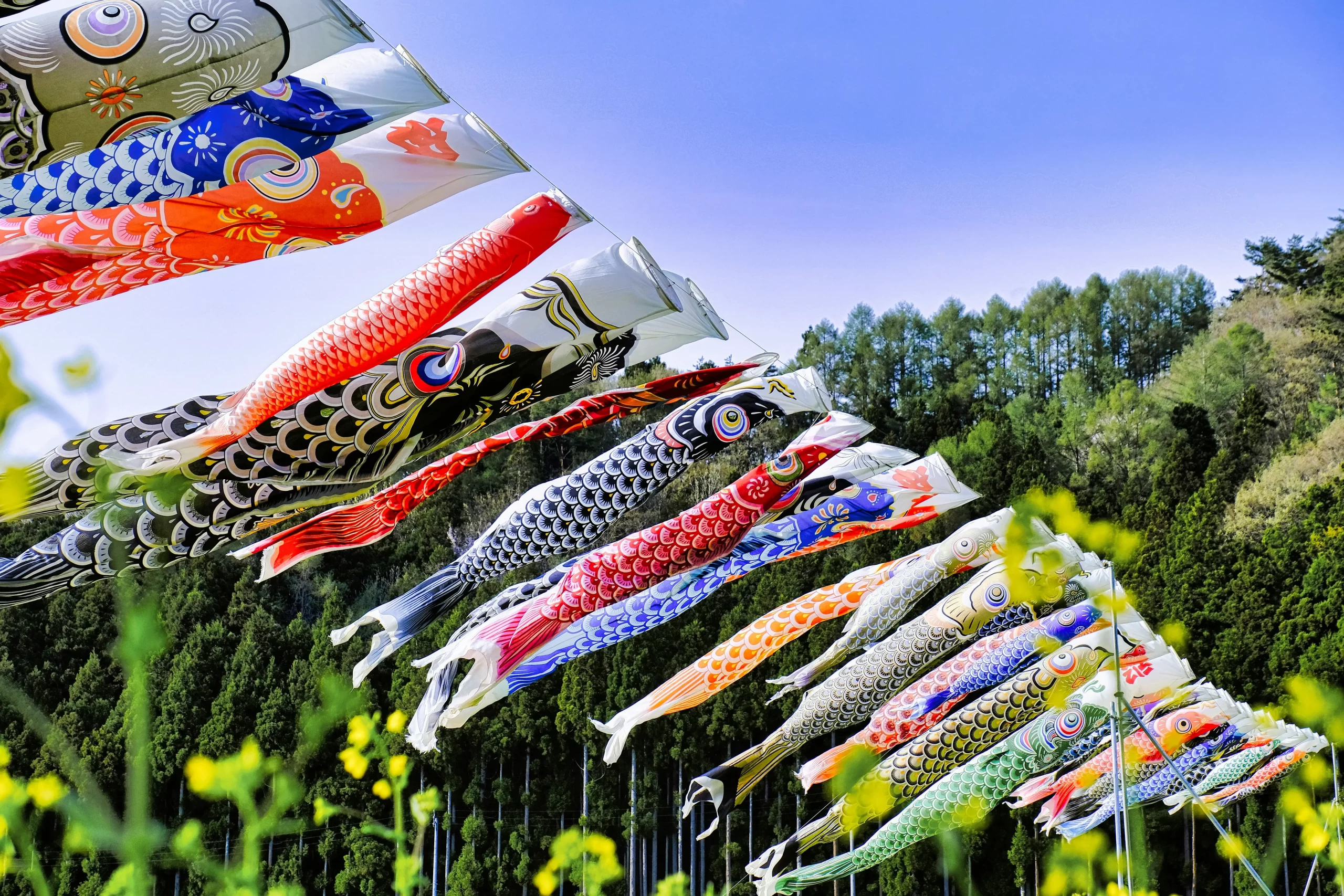
Living in Iwaki city
What should people consider before deciding to move to Iwaki?
I think people should consider getting a car 🙂 Public transport in Iwaki ends quite early during the day, so for truly exploring the city, it is almost necessary to have a car.
What specifically is Iwaki famous for?
Iwaki is known for two things: a huge spa resort called Hawaiians and for Shiramizu Amidado Temple. This temple is a national treasure and the only one in Fukushima prefecture as it holds one of the few surviving models of a Buddhist land garden.
How much money do you need to live comfortably in Iwaki?
Hmm I would say around 230,000-250,000 yen should allow you to enjoy Iwaki, lease a car, and have plenty to travel every once in a while.
What apps do you find useful in your daily life in Iwaki?
Apple maps and google, that’s it!
What are your favorite places in Iwaki?
Nakoso Beach has a Torii gate on the sand said to protect the coast from angry ocean spirits and it’s just a sight that I hadn’t seen anywhere else around SE Asia. I also love the Onahama area and we have a really great aquarium here called Aquamarine Fukushima. Other than that, we have some amazing fireworks and summer festivals!
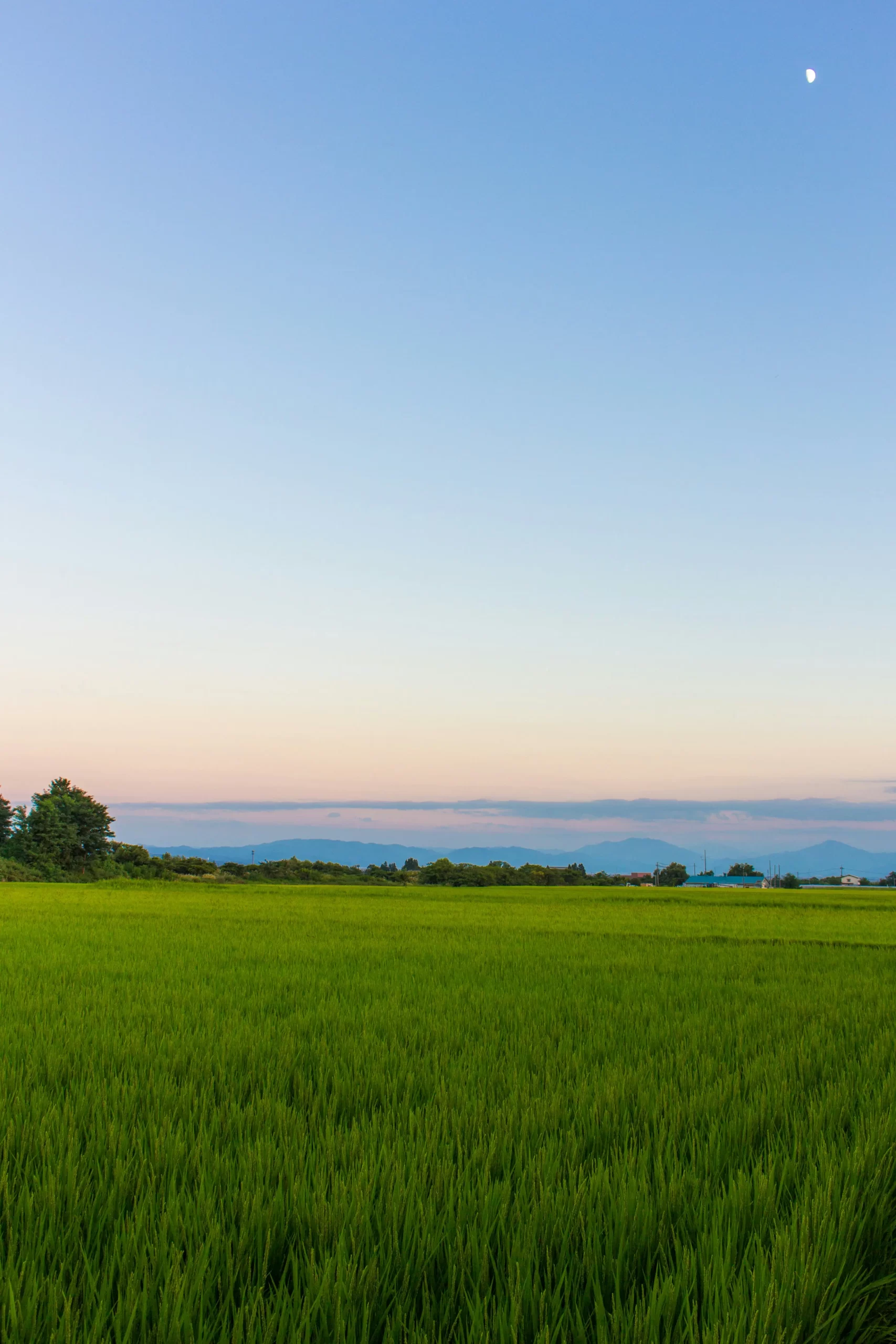
Final Thoughts
What do you think about young Japanese people?
This is such an intriguing question and quite challenging to answer. Young Japanese people are constantly evolving. What I mean by this is that Japan, having been closed off from the global world for a long time, has deep-rooted traditions in all aspects of society. Many of these traditions persist simply because they were not exposed to different or possibly better ways. For instance, fax machines are still widely used, and many people in rural areas may not be familiar with debit cards (only credit cards are recognized).
I believe young Japanese people are currently navigating a phase where they possess extensive knowledge about the outside world and desire to initiate change in certain aspects, but face barriers due to hierarchical culture and a strong sense of respect. Most young Japanese individuals are curious and open-minded, but are still very very shy 🙂
I believe young Japanese people are currently navigating a phase where they possess extensive knowledge about the outside world and desire to initiate change in certain aspects, but face barriers due to hierarchical culture and a strong sense of respect. Most young Japanese individuals are curious and open-minded, but are still very very shy 🙂
How do Puerto Ricans compare to the Japanese, in your opinion?
I think Puerto Ricans and Japanese are alike in their consideration for others and their desire to keep peace within their communities. However, our ways of doing this are quite different. In Japan, public spaces are known for being very quiet, influenced by a cultural value of not inconveniencing or disturbing others. On the other hand, in Puerto Rico, we show our care through direct interaction. Puerto Ricans are generally more approachable and openly friendly, whereas Japanese might express their kindness more subtly and from a distance.
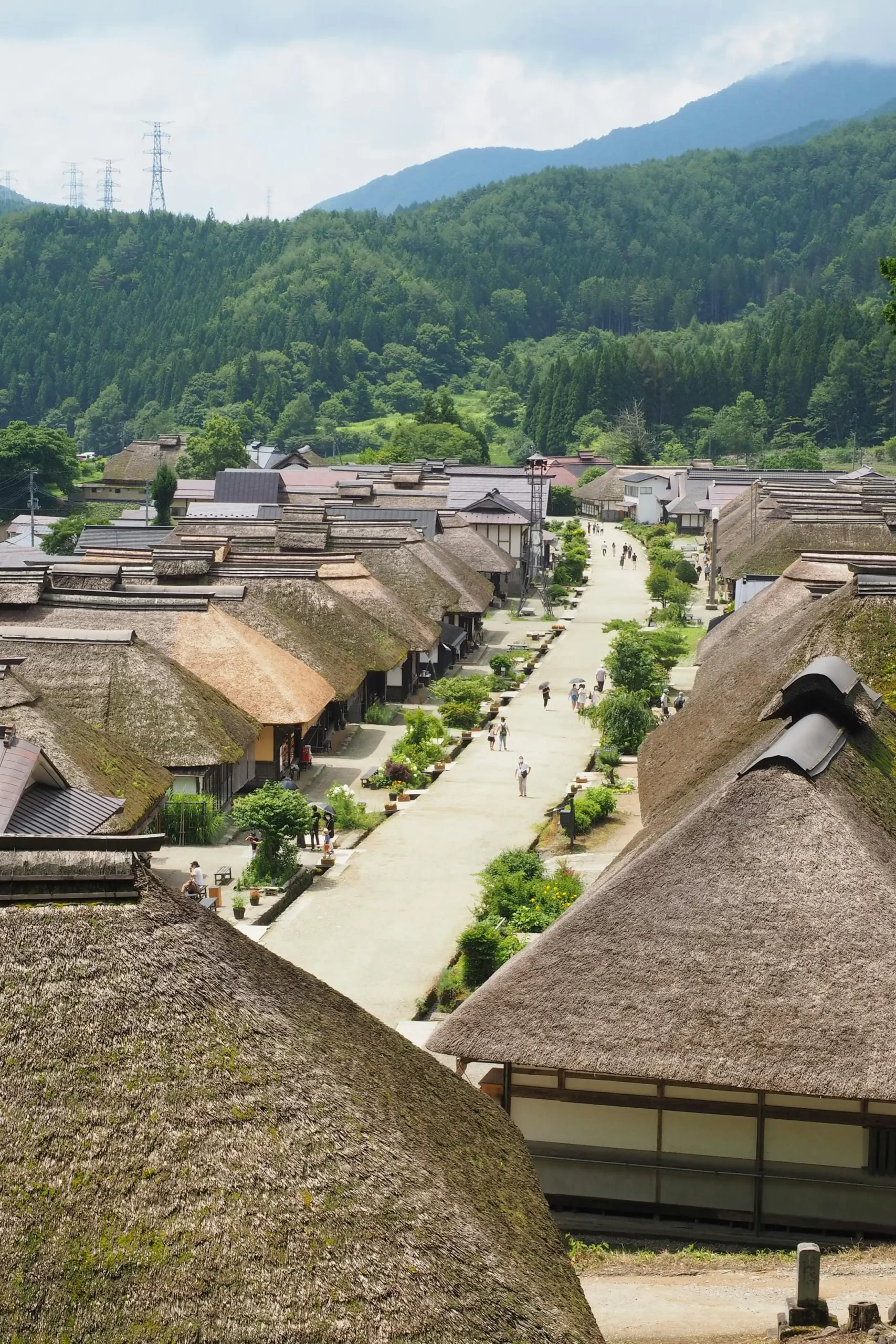
Thank you Celi for answering those questions about living and teaching in Iwaki with the JET program! It sounds like quite a cool experience, and a great opportunity to immerse yourself in this new culture! All the best! Celi’s IG Here 🙂

